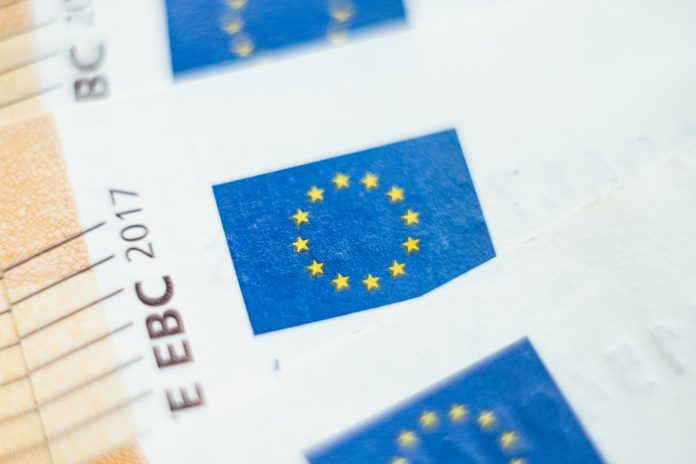Johannes Hahn, European Commissioner for Budget and Administration charts his priorities for the next EU long-term budget and the impact of COVID-19 on the Union
“Unprecedented” must be a hot contender for Word of the Year 2020. An unprecedented virus, an unprecedented crisis and an unprecedented European response – unprecedented in at least three dimensions: size, content and speed.
The next EU long-term budget
At the July 2020 European Council, EU leaders have made history with an agreement on the largest ever recovery package and the next EU long-term budget. By boosting our financial firepower to over €1.8 trillion, the European Union acted swiftly and decisively, while ensuring that the recovery is sustainable, inclusive and fair for all Member States. Together, Europe will come out of this crisis more competitive, resilient and sovereign.
To power the recovery plan for Europe, and to be able to invest in the crucial first years, the European Commission, backed by all Member States, will use its strong credit rating to borrow €750 billion on the financial markets. It is the first time the European Commission will borrow at this scale. The borrowing will build on the Union’s strong track record of using market-based instruments to support investments and reforms in Member States.
The impact of COVID-19 on the Union
The COVID-19 pandemic has touched every corner of the Union and the world. However, the economic and social impact of the pandemic differs considerably between Member States. Countries with a high proportion of small and medium-sized enterprises, for example, are hit harder. Sectors such as wholesale and retail trade, tourism and food services, and transport industries suffer most. Not every Member State has the same domestic ability and capacity to absorb and respond to the shock. European instruments, such as the Recovery and Resilience Facility, a cornerstone of the recovery effort, will translate European solidarity into quick and tangible reforms and investments – tailored to the local needs.
Other programmes will pool European excellence and promote cooperation to make the EU more innovative, healthier and prepared for future cross-border crisis. For example, Horizon Europe will step up our research effort to address challenges such as the coronavirus. The new health programme, EU4Health, will promote the testing, approval, uptake and deployment of new health technologies and share best practices.
European solidarity goes hand in hand with our responsibility to current and future generations. Our common recovery strategy will help to tackle the health, social and economic challenges caused by the crisis. The recovery can only be sustainable if we channel large parts of the recovery funds into areas that empower Europe to embrace the green and digital transitions, to become more innovative and resilient. That is why the European Council has set a target of 30% of all EU funds for climate measures; this is the highest share ever of the largest European budget ever.
The spirit of the Green Deal
Both expenditure and revenue of the new budget mark the spirit of the Green Deal. The funding mechanism of the recovery plan enables forceful policy action now without requiring immediate additional contributions by individual countries. We propose new revenue sources enabling us to invest in our greener and more digital future while helping us pay off our borrowing. This will include a carbon border adjustment mechanism and a digital levy. There will not be additional pressure on Member State budgets at a time when public finances are already under severe strain.
The recovery plan is not a zero-sum game. Our Union’s prosperity is based on our single market. This means that we all have a common interest in a quick and sustainable recovery and the well-being of every Member State. The Recovery Plan knows only winners.
Compromise is the basis of Europe’s success. The European Council has agreed on the European recovery plan in record speed, within just two months of the Commission’s proposals. We now need to use the momentum. We will work around the clock with all institutions and stakeholders to make funds flow to Europe’s citizens, regions, students, researchers and farmers as of 1st January 2021.











